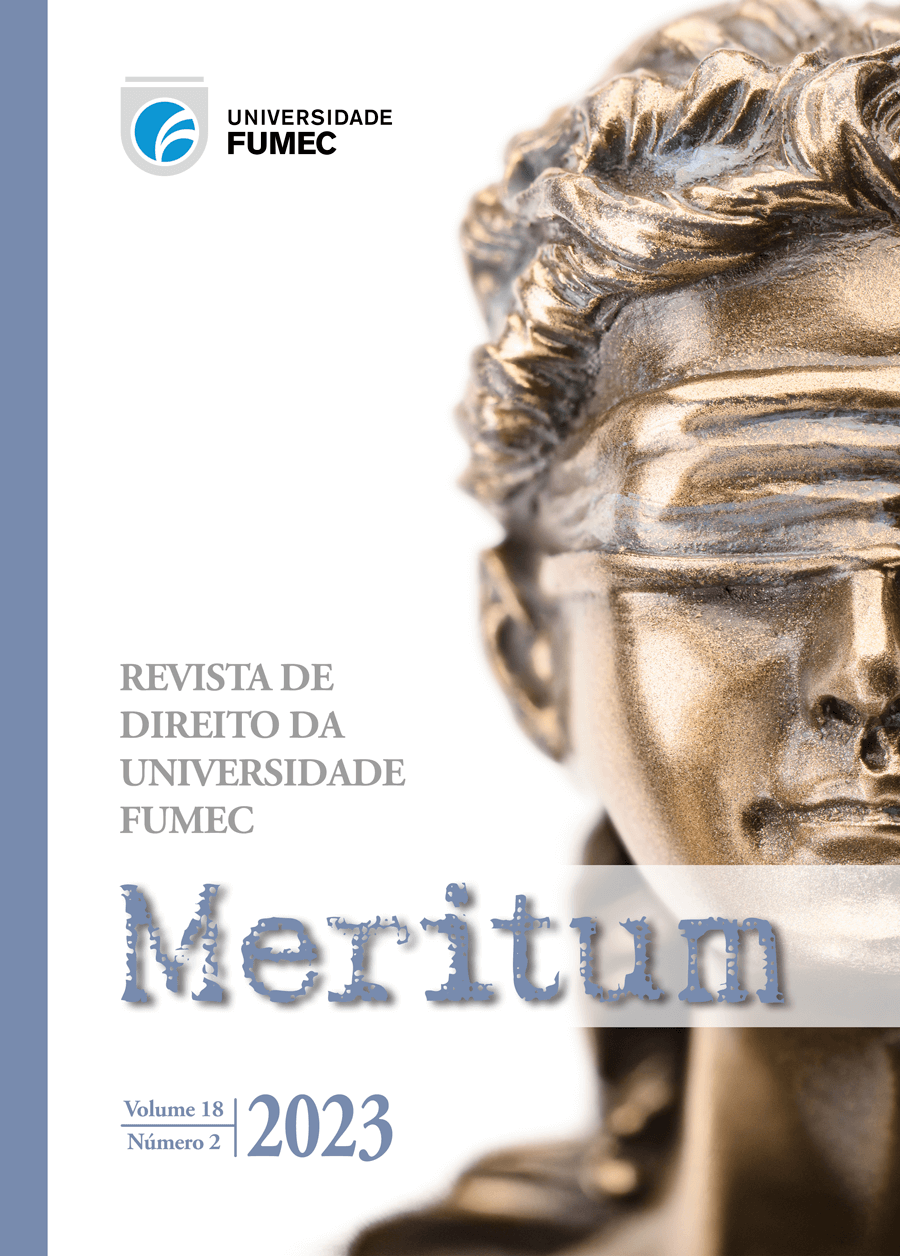NEW STRUCTURES FOR DIGITAL TAXATION
DOI:
https://doi.org/10.46560/meritum.v18i2.8350Abstract
The article presents an analysis of the challenges of taxation in the digital age, as well as meditates on the context of collision of competence that was present in Brazil, in the midst of an attempt to incur the existing tributes on new categories of the digital economy. It starts from the premise that taxation does not become incompatible with new paradigms afforded by social occurrence, but the mechanisms for taxation. In this sense it seeks, based on the Theory of Semantic Logical Constructivism, and the Systems Theory, to identify mechanisms of real, accurate and secure digital taxation in Brazil. To this end, it proposes the study the case of the collision of competence between ICMS and ISS over digital categories, such as streaming. In the end, it will point the importance of applying a linguistic analysis on the concepts and definitions related to taxation. Based on the premises of Semantic Logical Constructivism, the concept of virtual frontier will be presented as being pertinent so that, introduced to the structures of law, it can contribute to digital taxation. Thus, in conclusion, conditions will be drawn up so that there is a precise delimitation of the ISS as a tax applicable to digital activities, even if they are carried out in municipalities where there is no installation of the respective physical establishment. The article utilizes bibliographic methods with analysis and verification of what can be changed so that the problem can be resolved.
Downloads
Published
Issue
Section
License
Autores que publicam nesta revista concordam com os seguintes termos:
- Autores mantém os direitos autorais e concedem à revista o direito de primeira publicação, com o trabalho simultaneamente licenciado sob a Licença Creative Commons Attribution que permite o compartilhamento do trabalho com reconhecimento da autoria e publicação inicial nesta revista;
- Autores têm autorização para assumir contratos adicionais separadamente, para distribuição não-exclusiva da versão do trabalho publicada nesta revista (ex.: publicar em repositório institucional ou como capítulo de livro), com reconhecimento de autoria e publicação inicial nesta revista;
- Autores têm permissão e são estimulados a publicar e distribuir seu trabalho online (ex.: em repositórios institucionais ou na sua página pessoal) a qualquer ponto antes ou durante o processo editorial, já que isso pode gerar alterações produtivas, bem como aumentar o impacto e a citação do trabalho publicado (Veja O Efeito do Acesso Livre).






